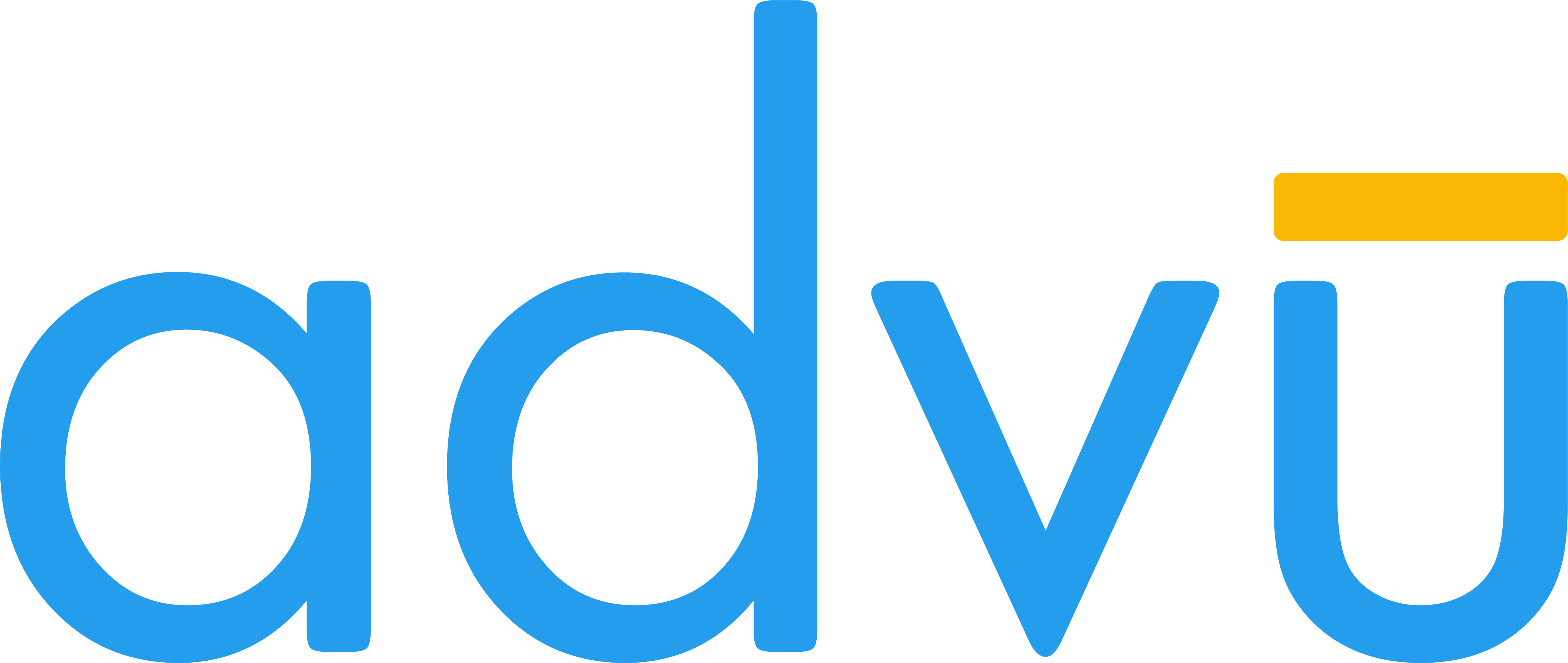DoubleVerify vs. Adalytics: What This Lawsuit Says About the State of Ad Tech
- Colin Williams
- May 16, 2025
- 2 min read

In a move that’s sending ripples across the ad tech landscape, DoubleVerify has filed a lawsuit against Adalytics, accusing the independent watchdog of defamation. At the heart of the issue? A recent Adalytics report that questioned the effectiveness of DoubleVerify’s bot detection technology. An allegation that, if true, would strike at the core of trust in ad verification.
This isn’t just legal drama. It’s a bold flashpoint in the ongoing struggle between industry incumbents and independent truth-tellers, and it forces a hard look at how transparent the advertising industry really is.
A Battle of Narratives (DoubleVerify vs Adalytics)
DoubleVerify, a publicly traded behemoth and one of the most recognizable names in media verification, clearly didn’t take kindly to Adalytics’ findings. Rather than issuing a standard corporate rebuttal or engaging in a public discourse around the report’s methodology, DV opted to file a lawsuit. A move that reads more as protection of market position than a push for clarity or accuracy.
But here’s the thing: if independent researchers face legal threats for scrutinizing ad tech tools, it sets a dangerous precedent for an industry already battling issues of fraud, opacity, and performance blind spots.
Advertisers Are the Ones Stuck in the Middle
Let’s not forget the real stakeholders here: advertisers.
Brands shell out billions every year on digital ads. They rely heavily on verification vendors to ensure those ads are actually being seen by real people, in brand-safe environments. If those tools are underperforming, or worse, oversold, and challenges to their accuracy are silenced through lawsuits rather than dialogue, then who is really protecting the advertisers?
Trust in these platforms is critical. But trust without transparency? That’s not verification. That’s a house of cards.
What This Lawsuit Really Reveals
This lawsuit isn’t just about reputational damage or potential lost revenue. It exposes a deep discomfort with scrutiny inside the walled gardens of ad tech. It also reflects a broken loop between the vendors who are supposed to uphold ad quality and the researchers trying to hold them accountable.
Instead of litigation, the industry needs open-source metrics, third-party validation, and a collaborative commitment to progress. If DoubleVerify’s tools are sound, they should stand up to third-party evaluation. If they’re not, the response shouldn’t be to sue the messenger.
The Bottom Line
The outcome of this case will matter. Not just for the DoubleVerify vs Adalytics, but for the entire future of programmatic transparency.
If we start punishing those who call out flaws, we’ll stop seeing the flaws altogether. That’s great for the stock price. Not so great for advertisers trying to make smart, efficient media investments in an increasingly chaotic digital environment.
Let’s hope the industry chooses dialogue over deflection, and progress over PR.
Want to stay ahead of what’s really happening in media, advertising, and AI?
Subscribe to InVu, our no-BS newsletter that cuts through the noise. [Subscribe here]

